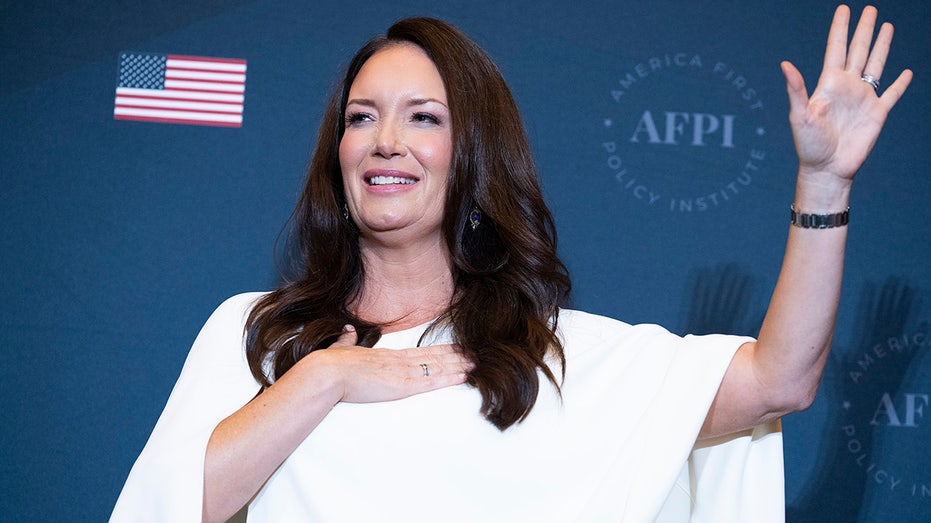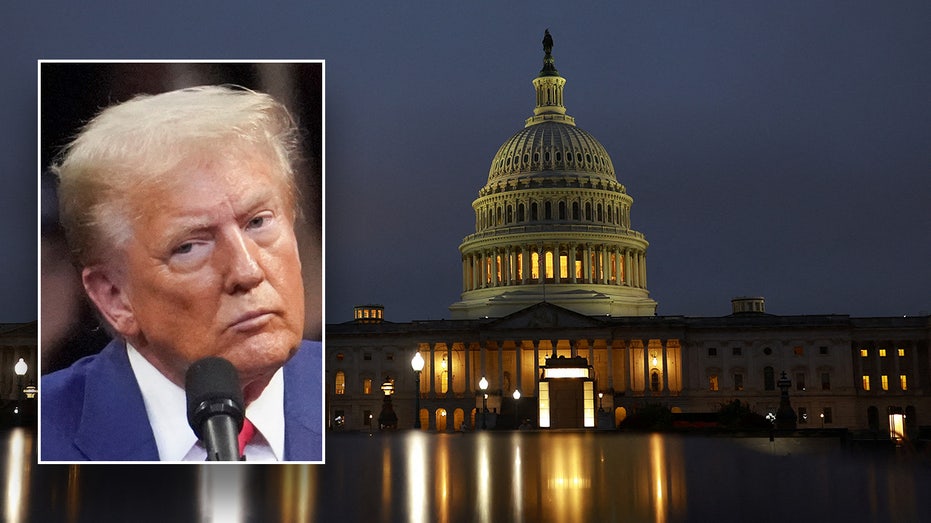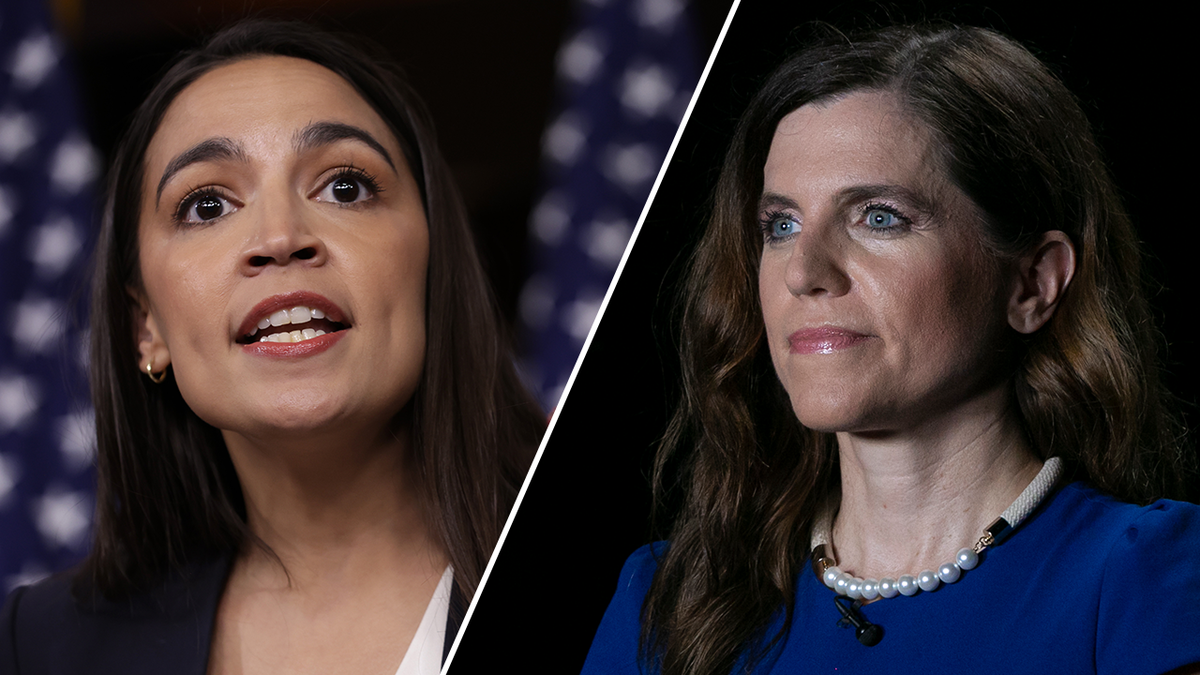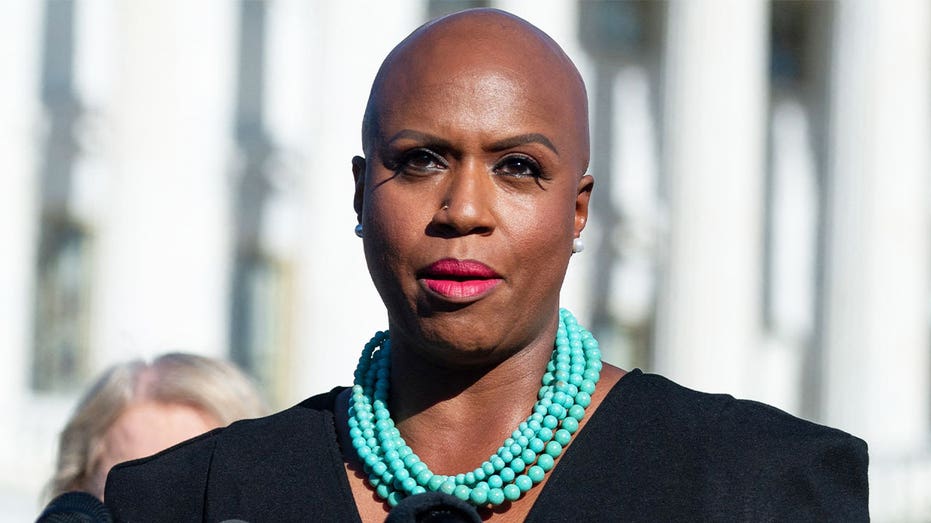- by foxnews
- 25 Nov 2024
Fewer pronouns, more guns: Ron DeSantis’s plan to turn the US into Florida
Fewer pronouns, more guns: Ron DeSantis’s plan to turn the US into Florida
- by theguardian
- 13 Apr 2023
- in politics

The title of Governor Ron DeSantis's book, which he is zealously promoting across the nation, is less important than the subtitle. The Courage to Be Free is a forgettable title shared by a volume by actor and gun rights activist Charlton Heston. But the subtitle, Florida's Blueprint for America's Revival, unlocks DeSantis's national ambitions.
While former US president Donald Trump labours under the frayed slogan of "Make America great again", DeSantis is building a case to "Make America Florida" - a phrase that appears on caps, flags and other merchandise.
The governor argues that he has made glorious summer in the Sunshine state. If and when he announces a run for US president in 2024, he will claim that he can repeat the formula in state after state across the US. Florida, his theory goes, is an incubator of conservative ideas that work.
He dangles a carrot to Republicans who, weary of Trump's losing streak, are seeking a saviour. DeSantis writes that when he was elected in 2018, there were nearly 300,000 more registered Democrats than Republicans in Florida; by October 2022, there were more than 300,000 more registered Republicans than Democrats.
"What Florida has done is establish a blueprint for governance that has produced tangible results while serving as a rebuke to the entrenched elites who have driven our nation into the ground," DeSantis writes in The Courage to Be Free.
But the governor's critics question whether his fixation on culture wars ("Florida is where woke goes to die!") is quite as popular as it seems. They also contend that, with numerous climatic, economic and social problems, Florida is not quite the paradise that DeSantis likes to portray.
"What it is is a blueprint for is people who want to abuse their power in order to target people who disagree with them politically," said Maxwell Frost, the youngest member of Congress, who represents a Florida district. "That's what we've seen from someone like Governor DeSantis.
"What we're exporting out of Florida is fascism. For him to sit there and say, 'Oh, yeah, my bill on banning trans kids from talking about who they are is now equated to a top education system,' it's just a bunch of bullshit, to be honest. Most Floridians hopefully will see through that."
DeSantis, 44, as governor of the third most populous state has imposed limits on how race and sexuality can be taught in schools, forcing some teachers to remove books from their libraries. He has also banned transgender girls from school sports, redrawn the state's political maps to favour Republicans, attacked Disney and other businesses that disagree with his ideology, and cracked down on Black Lives Matter protests.
Then there was the coronavirus pandemic. The governor mostly followed guidance from the Centers for Disease Control and Prevention during the early months, closing Florida's beaches, bars and schools. But he pivoted in early 2021, reopening schools before other states and banning face mask and vaccine mandates in businesses and government. When the media questioned his approach, he hit back pugnaciously to the delight of a base that revels in "owning the libs".
DeSantis claimed vindication last year when he smashed fundraising records and won re-election by nearly 20 percentage points in what used to be a swing state, albeit against a weak candidate from a disorganised Democratic party. Republicans saw hope that DeSantis has cracked the code for a party that has lost the popular vote in six of the last seven presidential elections.
The party now enjoys a supermajority in the Florida state legislature and is pushing issues such as telling teachers which pronouns they can use for students, making guns more available and easier to carry, keeping immigrants who are in the country illegally out of the state and criminalising some drag shows.
Republicans argue that DeSantis's agenda explains why Florida ranks number one in the nation for net in-migration. About 319,000 people moved there last year, according to an analysis of census data by the National Association of Realtors, while California lost the most residents, with 343,000 departing.
Christian Ziegler, chairman of the Florida Republican party, said: "You're seeing people leave other states that have completely opposite ideology and political positions and policy positions. California, New York - everyone's leaving those states and everyone's flocking to our state. That validates the claim that Florida is a working model. If it was a cellphone, it would probably be the Apple iPhone. Everyone wants it, everyone's buying it and everyone's gravitating towards it."
Part of the attraction, Ziegler claims, is DeSantis's "pro-freedom" approach to the pandemic, which allowed businesses and tourism to bounce back more quickly than elsewhere, and his support for what Republicans frame as "parents' rights".
"I can't tell you how many parents have moved here from other states because they want their kids in school not shut down, not to have masks forced on them, not to have a vaccine forced on them," he said.
Critics of DeSantis present a very different version, noting that Florida has long been a magnet because of its sunny weather and lack of state income tax. The pandemic, and the rise of remote working, made it especially attractive to people fleeing expensive big cities such as New York. (The trend may be temporary: latest census data shows that Manhattan's population grew last year.)
Speaking from Sarasota, Ziegler also defended DeSantis's controversial policies on the teaching of US racial history. "From my standpoint, I can tell you we learned about the injustices of slavery. We learned about the heroic efforts of Harriet Tubman or Dr Martin Luther King Jr," he said. "That is far different than the critical race theory, where they're trying to point out that everyone in society is oppressed or an oppressor or that just the colour of your skin is going to make you biased and hateful."
This is a misrepresentation of critical race theory, which examines the ways in which racism was embedded into American law and other modern institutions, maintaining the dominance of white people. It is not typically taught in public schools.
Progressives dispute the assertion that DeSantis's focus on hot-button culture war issues is working.
"He's selling a blueprint for hate and bigotry," said Brandon Wolf, press secretary of the LGBTQ+ rights organisation Equality Florida and a survivor of the Pulse nightclub shooting in 2016. "Ron DeSantis is being honest about one thing and that is that he is trying to sell the snake oil of his authoritarian tactics in Florida to the rest of the country."
Wolf pointed out that, beneath the veneer of prosperity that the governor projects, there are plenty of shadows in the state. A haven for retirees, Florida has the worst long-term care for elderly people among all 50 states, according to the American Association of Retired Persons. It is among 10 states that have refused to expand Medicaid, a public health insurance programme for people with low income, under the Affordable Care Act. It ranks 16th worst for healthcare among the 50 states, says the Commonwealth Fund, a grant-making foundation that supports independent healthcare research.
Meanwhile the cost of living is spiralling. Norada Real Estate Investments found that Florida home values have risen by 80% over the past five years. The cost of home insurance is rising fast as the market struggles to deal with stronger hurricanes and more intense rainstorms due to the climate crisis.
"Leaning into the culture war issues was successful for him and the challenge that I pose to that is ask any everyday Floridian: what are the top five things keeping them up at night? I guarantee you, they're not going to say someone in a wig reading Red Fish Blue Fish at the library," Wolf said.
"The question of has Florida been wildly successful is best posed to people who are kept up at night by the cost of housing, the potential for dangerous storms," he added. "You just ask them if Florida feels like the most successful and freest state in the nation."
Education is another such example. While DeSantis has created political theatre around pandemic measures and racial and sexual identity, the state faces a severe shortage of teachers in its long-underfunded public schools. Florida ranked 49th in the country for average teacher pay in 2020, according to the National Education Association.
Tim Canova, a law professor at Nova Southeastern University in Fort Lauderdale and a former congressional candidate, said: "Teachers are underpaid, understaffed, the curriculums are dictated centrally on down, whether it's Common Core federal standards or from the state in Tallahassee.
"It's a miserable job for teachers. They don't have much autonomy. They've got big class sizes. They don't get paid much. They've got to constantly fill out reports about their teaching. It's a problem that's way beyond Florida but the schools in Florida have been weak for a long time."
Research by Data for Progress, a progressive polling firm and advocacy group, also raises questions about the viability of DeSantis's hard-right policies beyond Florida's borders, with independent voters across the country largely siding with Democrats on culture war issues.
A survey of 1,252 likely voters nationally from 17 to 20 March found that 41% support and 50% oppose mandating K-12 libraries to immediately remove and review books flagged as inappropriate; 37% support and 47% oppose eliminating college diversity, equity and inclusion programmes; 39% support and 46% oppose banning college majors and minors in critical race theory.
Danielle Deiseroth, interim executive director of Data for Progress, said: "Most Americans might agree that they like Florida's weather. They certainly don't like policies being put forward by Governor DeSantis and Florida lawmakers, especially on some of these culture war issues that have been dominating, especially on rightwing news media."
"In terms of DeSantis positioning himself for a potential presidential run in '24, which seems all but certain at this point, these extreme policies are going to alienate a lot of voters right off the bat," she said. "Women in particular were one of the groups most opposed to many of these policies."
Last year's midterm election results appear to support this view as far-right Republicans underperformed among female voters, in part because of their extreme positions on issues such as abortion after the supreme court's decision to overturn Roe v Wade. DeSantis is expected to sign a six-week abortion ban, even though polls show that a majority of Floridians oppose it.
DeSantis critic Rick Wilson, a fifth-generation Floridian and Republican strategist, has been involved in more than 30 political campaigns in the state, and co-founded the Lincoln Project, an anti-Trump group. Based in the state capital, Tallahassee, Wilson is sceptical of the notion that Florida could be the laboratory of ideas for a Republican revival.
Recalling Texas governor Rick Perry's failed presidential campaign, he said: "Perry came out and said, 'I did all these conservative things, I'm the champion, I could make Washington work like Texas.' That was his biggest line and it fell flatter than a pancake. That was also Jeb Bush's argument: 'I was Florida's most conservative governor, I accomplished all these amazing conservative reforms.'"
Far from a blueprint for America, Wilson describes Florida as "the Petri dish of bad ideas". He added: "There is a slowly emerging theme among some conservatives I've been talking to of 'I wish he'd do more about tax cuts and less about book banning, and talk more about smaller government and less about using government to punish people.'
"In Maga world, that authoritarian stuff sells pretty well. But again, you can't out-Trump Trump."
That authoritarian streak alarms activists who say DeSantis and his allies have pushed voter suppression bills to marginalise people of colour. His Florida model, they argue, would pose a fundamental threat to civil rights if exported elsewhere.
Jasmine Burney-Clark, founder of Equal Ground, a Black-led civic engagement organisation, said: "It is not a state where people of colour, particularly Black people who have been on the other end as targets of his attacks, are feeling like this is a model for success, freedom or liberation.
"If you are invested in a world that is seeded in white supremacy, hate and racist policies, then it is absolutely the perfect blueprint for the rest of the nation."
- by foxnews
- descember 09, 2016
'Quiet travel' is having a moment; here are top US spots where you can embrace the trend
Here are 10 destinations for "quiet travel" in the U.S. to check out if you're ready to unplug and unwind on your next vacation. From Maine to Florida, Oregon and more, see the list.
read more





